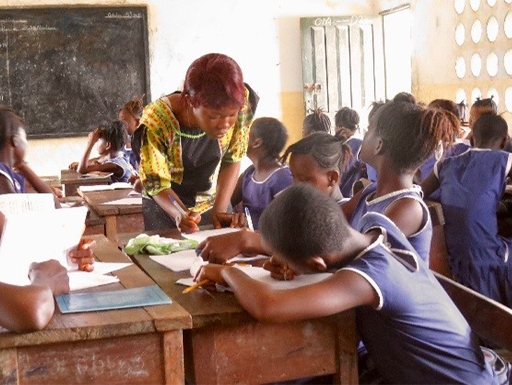2 Primary education: why compare?
Comparative education studies, broadly speaking, has two strands: large-scale cross-national comparisons that use numerical data to evaluate educational outcomes and achievements; and small-scale empirical comparisons (evidence gathered through first-hand observations, interviews or conversations) of teaching and learning in classrooms. Both approaches are valid, depending on what you wish to find out. In this course, you will learn a bit about each strand.

